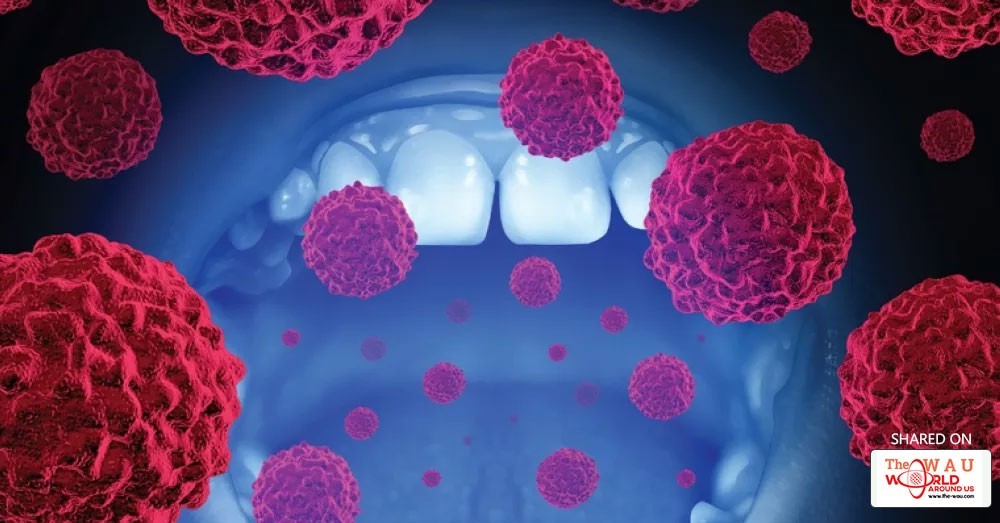Know the risk factors and adopt a lifestyle that protects your oral health. Visit your dentist regularly. He or she can look for changes that could indicate disease.
What will my dentist look for?
Checking for signs of oral cancer is part of a regular dental checkup. Your dentist can examine your oral tissues easily by looking at your lips and inside your mouth. He or she will check your gingivae (gums) carefully, the inside of your cheeks and your tongue (the sides and underneath). Also, the dentist will look at the roof and floor of your mouth.
What is my dentist looking for?
The dentist looks for-
•Red or white patch
•A sore that bleeds easily or does not heal
• A thick or hard spot or a lump
•A roughened or crusted area Other signs of oral cancer include numbness, pain or tenderness, or a change in the way your teeth fit together when you bite down. Tell your dentist about any problems you have when chewing, swallowing, speaking or moving your tongue or jaw.
What are the risk factors?
Many of the risk factors for oral cancer stem from behaviours that can be avoided. Oral cancer most often develops in people who smoke (cigarettes, pipes or cigars) and drink heavily. Smokeless tobacco products also increase one’s risk of developing oral lesions. Repeated and prolonged exposure to the sun can cause lip cancer. Infection with some forms of the human papillomavirus places people at risk as well. A diet low in fruits and vegetables also seems to increase the chance of developing the disease. If you have had oral cancer, you may be more likely to develop it again.
How can my dentist help?
Your dentist is interested not only in your teeth. He or she checks the general appearance and health of your oral tissues as part of a regular examination. Any suspicious lesion beneath the tongue or at any other areas & looks for any changes or abnormalities in your mouth, face and neck. Your dentist will not be able to diagnose cancer during an examination.
Oral cancer can be diagnosed only with a biopsy, when a sample of tissue in the area is removed and examined under a microscope. However, your dentist can identify suspicious-looking areas or growths that may need further evaluation. Early detection of any oral cancer lesions has a better prognosis. If anything unusual appears during your examination, he or she might reexamine you in one or two weeks; it is possible that the questionable spot might heal during that time.
Or your dentist may refer you to an Oral Surgeon for a second opinion. You and your dentist can talk about your options and what might be causing the abnormality. Together, you can determine the best next step for you. Regular visit to a dentist is very important to timely diagnose a pre-cancerous or cancerous lesion for better treatment success and to prevent it from spreading to other organs in the body.
Share This Post















